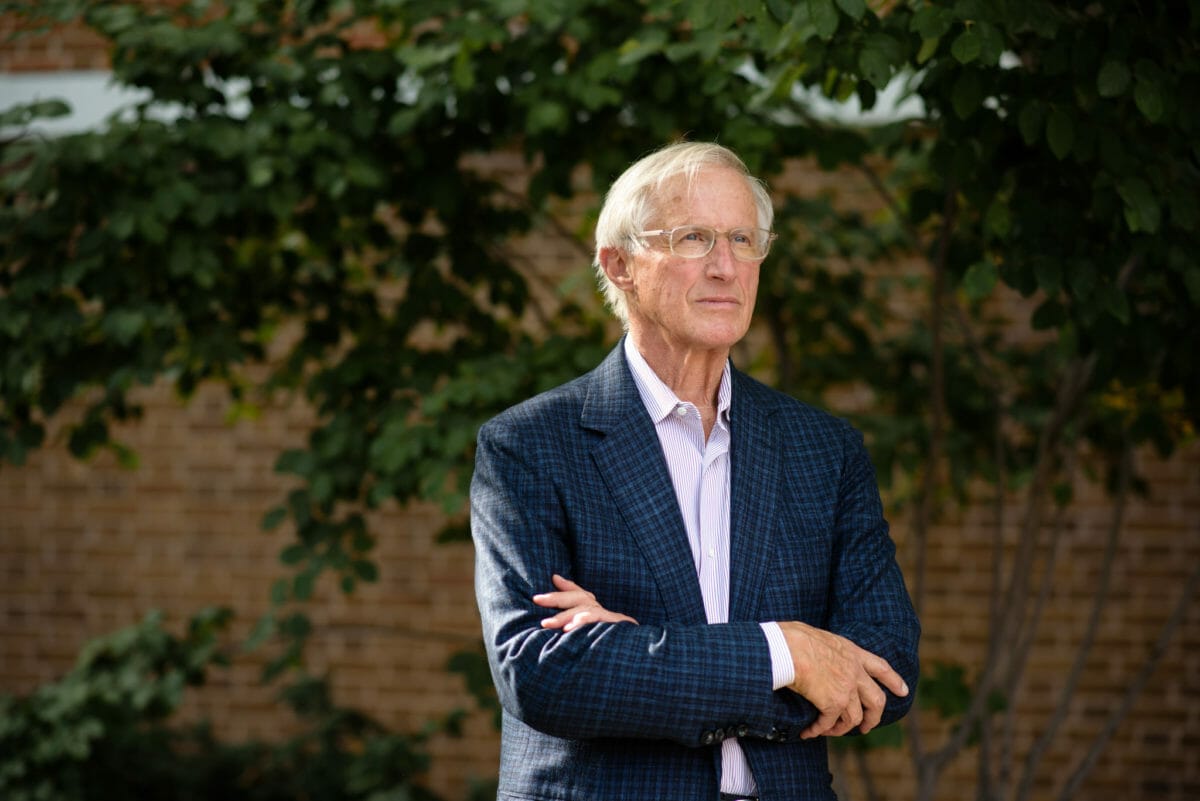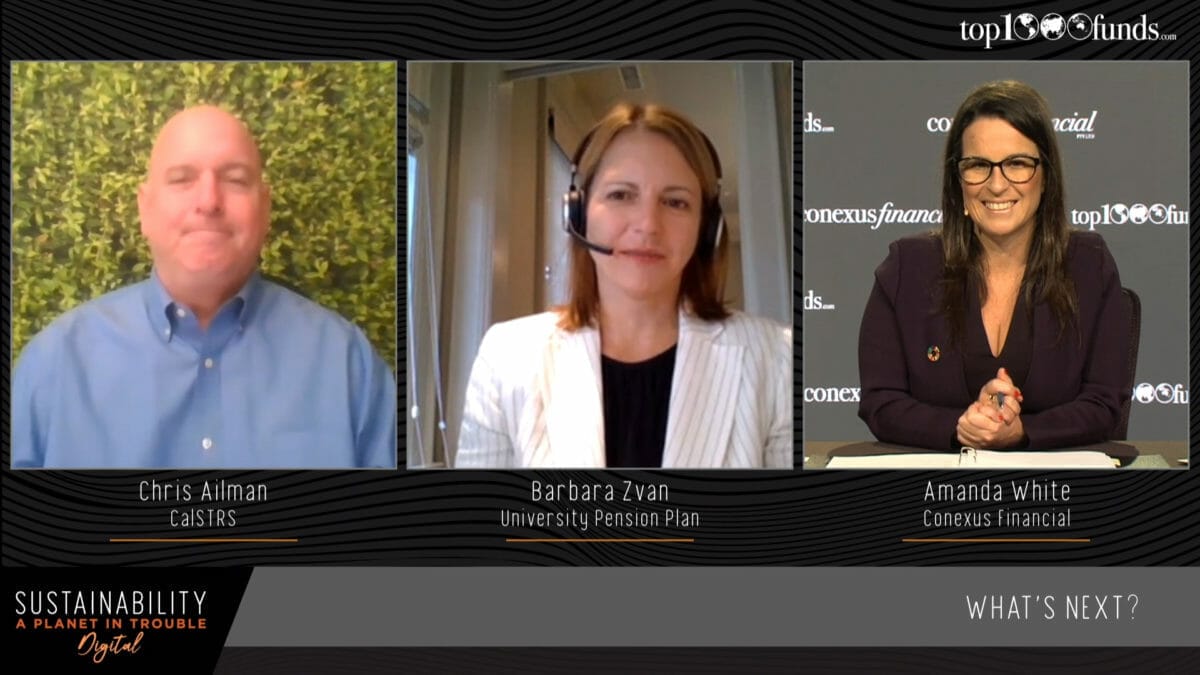Nordhaus calls for carbon tax
International negotiations like the Paris Agreement no longer work. The world needs a new framework supporting a carbon tax with both carrots and sticks to encourage participation, says William Nordhaus, Sterling Professor of Economics, Yale University and 2018 Nobel Prize winner in Economics.
Carbon emissions will never slow with the current voluntary system and the world needs a new framework where polluters pay, according to William Nordhaus the Sterling Professor of Economics at Yale University and the 2018 Nobel Prize winner in Economics.
Speaking at Sustainability Digital, Nordhaus set the scene for delegates by illustrating how carbon emissions have continued to rise despite international coordination and progress in science.
“We are not going to get anywhere near the targets if we go along this path,” he said, adding that the policy focus to slow climate change shows that unregulated markets fail.
“It’s failed because carbon has a zero price and this is wrong. The most important step to slowing climate change is to price emissions.”
Nordhaus added that Yale has worked on modelling that recommends a carbon price of $40 a tonne, ramping up sharply over time.
“We focus on different mechanisms, and there are only two possible mechanisms that will get the price of carbon up: one is a cap and trade system, and the other is a carbon tax on emissions.”
In stark contrast to what the price should be, the World Bank currently estimates a carbon price of under $2 a tonne.
“It’s basically zero,” said Nordhaus, adding that given the price is so low, it’s no big surprise emissions are continuing upwards.
Nordhaus told delegates that following the path of international negotiations would not deliver cuts in emissions. Charting back through the decades from Kyoto to Copenhagen, and more recently the Paris Agreement he said none of the agreements have delivered lower emissions.
“The reality is these policies are not effective in slowing the trajectory of climate change.”
Acknowledging that international agreements are “one of the most difficult things to do,” he said history was littered with failed agreements. Quoting Roosevelt, he said voluntary international agreements put countries in a position where they talk, but there is no stick.
He added that the Paris Agreement is “nowhere near” strong enough to get to 2 degrees, even assuming it is met by countries which have set targets. The problem lies in that the agreement is voluntary and is in effect all carrot and no stick.
“This is the reason there has not been a substantial impact on emissions,” he said.
Another approach is to introduce a stick via a climate compact that penalises polluters. Nordhaus called for a climate treaty that includes carrots and sticks so that participation holds benefits for those who take part and costs for those that don’t. Explaining the idea further, he said a coalition of nations should commit to significant reductions in emissions along with mechanisms to penalise countries that don’t participate. The climate compact could comprise a domestic floor for countries who participate with carbon pricing of around $40-$80 dollars per ton. However, non-participants would face penalising tariffs on their imports creating a strong incentive to join the compact.
Nordhaus said that the framework didn’t’ detail specific technologies, rather it designed a landscape to move to a low carbon economy.
He said that by setting a carbon price, consumers would consume more low carbon products and it would herald the birth of many more low carbon technologies.
Rather than living in a “tweaked” world, investors would find wholly new technologies to invest in as pricing fired up innovation.
Acknowledging it was radical, he said that no other blueprint holds the promise of strong international action. Noting that the world was at “square zero” because of international policy, he said voluntary agreements needed to go.
Nordhaus also urged delegates to push companies to follow a policy of “no regrets.”
Arguing that companies can reduce their carbon footprint significantly and at a low cost though fairly straightforward initiatives, he urged more corporates to take action now.
“It is possible to take big steps at a low cost,” he said. “Companies should look at a no regrets policy to improve their footprint.”
He added that energy companies particularly, need to step up and behave like responsible citizens.
“Companies that produce goods and services have to behave as citizens” he said, urging energy groups to use their specialist knowledge and expertise to advance rather than block progress.
As for the framework becoming a reality, Nordhaus said the idea was “percolating” through colleagues and students carrying the idea into the future. He urged governments to get involved with the idea and raise the price of carbon. As to whether the tax would hurt those on a low income who tend to spend more on energy, he referenced different ways to tax carbon.
For example, British Columbia has a system characterised by a tax and rebate that offsets the regressive nature of carbon taxes.
“Revenues can be off set; British Columbia has created a system that is progressive in the way it rebates,” he concluded.
To view all session recordings, the conference program, stories and white papers visit the Sustainability content hub here.



